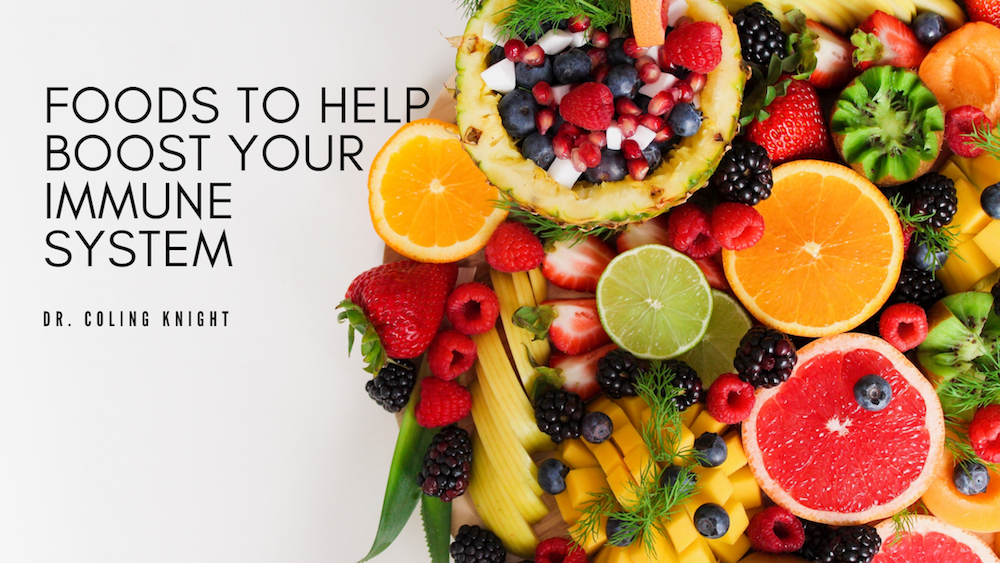As fall turns into winter, finding ways to keep yourself healthy becomes increasingly important. You can do so by finding vitamins at the pharmacy, sure, but an easier—and far tastier—way of doing so is to look at what you include in your diet. A quick trip to the grocery store should get you most, if not all, of what you need to boost your immune system and keep the cold and flu at bay. Keeping in mind that eating these foods act as a preventative measure and won’t guarantee that you won’t get ill, here are some foods you should include on your next shopping list.
Citrus Fruits
One of the common responses to feeling ill is reaching for the orange juice, and for a good reason. It’s packed with vitamin C, which helps to build up your immune system by increasing the production of white blood cells in your body. Oranges aren’t your only option, though—almost all citrus fruits are full of vitamin C, giving you a range of different options to choose from:
- Grapefruit
- Clementines
- Tangerines
- Lemons
- Limes
The human body doesn’t produce or store vitamin C naturally, so it’s crucial to include it in your diet every day. If eating fruits and vegetables isn’t your thing, supplements exist as well; just make sure to avoid taking more than 2,000 milligrams a day.
Garlic
Known mostly for how delicious it makes certain Italian foods, garlic is also a must-eat when you’re looking after your health. It has immune-boosting properties thanks to the amount of sulfur-containing properties within it, it can potentially slow down the hardening of your arteries, and there’s evidence (albeit weak evidence) that it can lower blood pressure.
Almonds
Though not as thought-of as vitamin C, having vitamin E in your system is just as important in keeping a healthy immune system as vitamin C is. Notably found in almonds, vitamin E is an antioxidant that can help protect your cells from being damaged by an oxidation process known as free radicals (similar to oxidation that causes rust on a bike or car). Vitamin E can help reduce the free radical damage to your cells and slow their aging process.
It’s also a fat-soluble vitamin, meaning that it needs the presence of fat to work properly. Almonds and other nuts are filled with healthy fats, making it an excellent source to get the vitamin.

